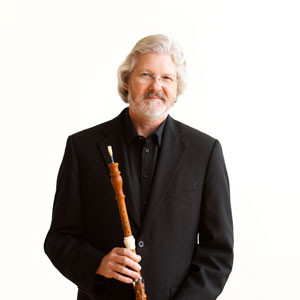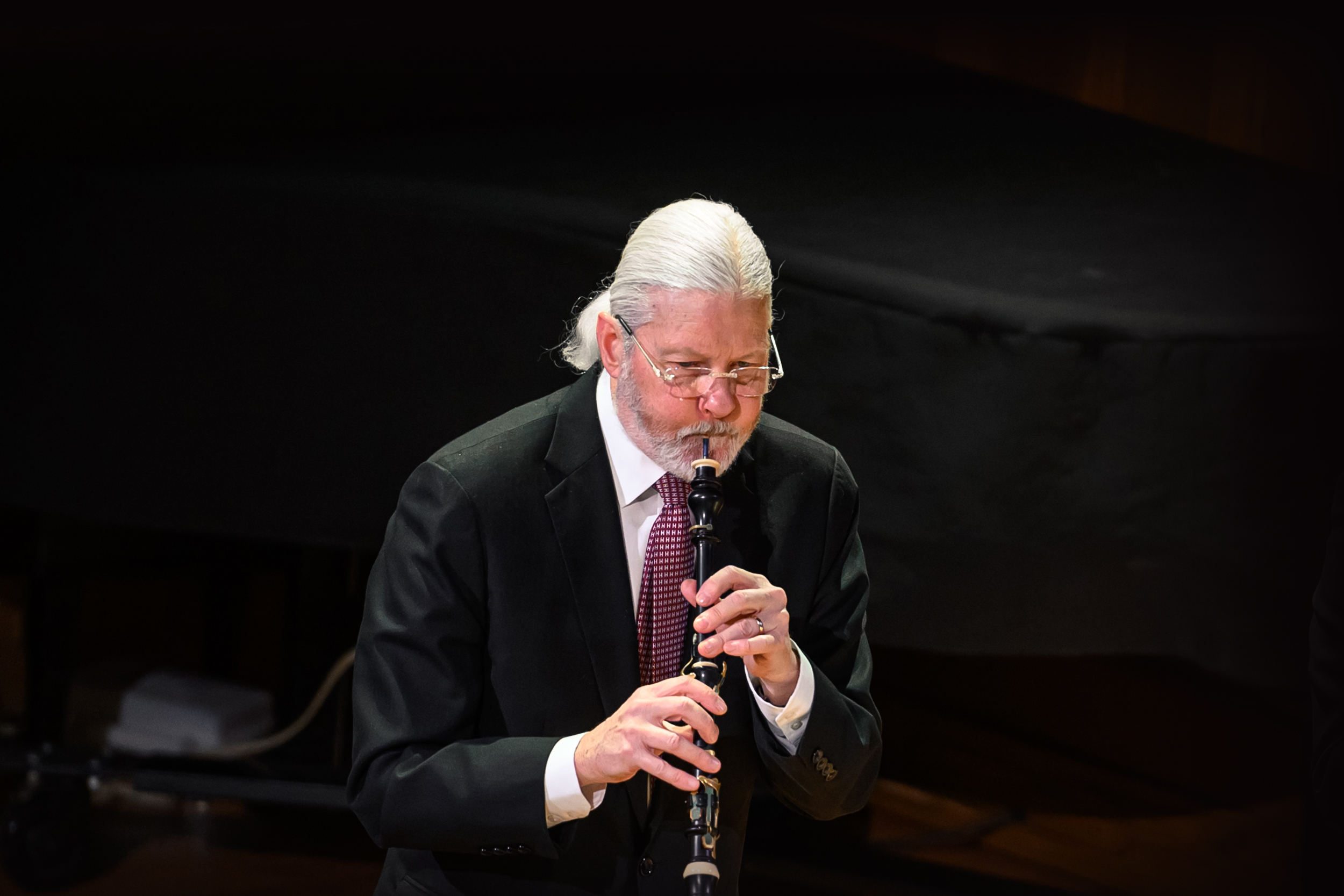
Last summer, John Abberger announced that he would be retiring at the end of the 45th anniversary season. As Tafelmusik’s principal oboist since 1989 John has made a significant and lasting contribution to the orchestra over the years, both on stage and behind the scenes as a member of various committees.
One of North America’s leading performers on historical oboes, John is known for the “touching serenity” (Gramophone) of his playing. His Tafelmusik recording of Alessandro Marcello’s famous oboe concerto is considered “one of the best there is.”
Though his passion for our repertoire, beautiful lyrical playing, and deep musical knowledge will be profoundly missed, we are grateful that John will remain part of Toronto’s early music ecosystem as Artistic Director of the Toronto Bach Festival.
John chatted with us recently and shared his thoughts about his 35 years with Tafelmusik.
When did Tafelmusik first appear on your radar and how did you come to join the orchestra?
I first heard about Tafelmusik around 1982. I was just beginning to learn to play the baroque oboe and was living in New York City. When I had only been playing for a few months, I was asked to travel to Oneonta, NY, to play in a performance of Handel’s Messiah. There I met two Canadians associated with Tafelmusik, Ivars Taurins and Chantal Rémillard. From them I learned about a newly formed organization in Toronto: a baroque orchestra! In the next few years some of my friends played with the orchestra, and it seemed like a situation that was really blossoming in Canada.
In late 1988 Jeanne Lamon telephoned me and asked if I would be interested in auditioning for the ensemble. I flew up to Toronto and played (in the Memorial Room at Trinity-St. Paul’s Centre!) for the whole orchestra. And a few days later, Jeanne phoned me and offered me the job!
What was it like to be part of the orchestra and work with Jeanne Lamon in those first formative years?
My first years in Tafelmusik were a fascinating time of involvement in the development of the orchestra. Although my first season was already the 10th anniversary, the amazing organization we know today was still in its formative stages. I quickly got on board with Jeanne’s vision, which was simply to develop and maintain a fantastic orchestra to perform the neglected repertory of the 17th and 18th centuries. Rehearsals were a crucible of ideas and opinions, sometimes with heated conflicts, but out of the fire came exciting interpretations of both familiar and unfamiliar works from this period.
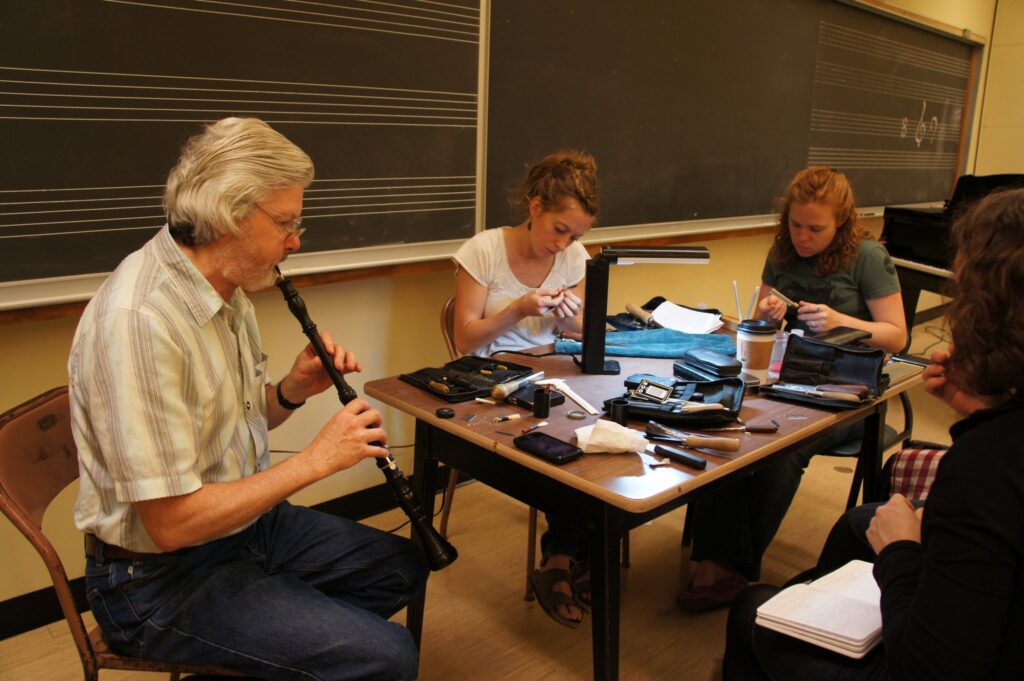
How has Tafelmusik evolved over the 35 years that you’ve been a member of the orchestra?
Tafelmusik is now a polished ensemble that can boast of first-class performances that engage and excite our audiences. But if I’m honest, I sometime miss the frisson of some of those initial performances. In those early days we were creating and recording the performances that are now regarded by some as iconic interpretations of the repertory. I’m proud and honoured to have been a part of a group of idealistic musicians with a collective idea of performing an exciting repertory for eager audiences. And I’m proud of the growth of those audiences, both at home and those outside of Toronto that we have reached with the expanded touring that really took off in the 1990s.
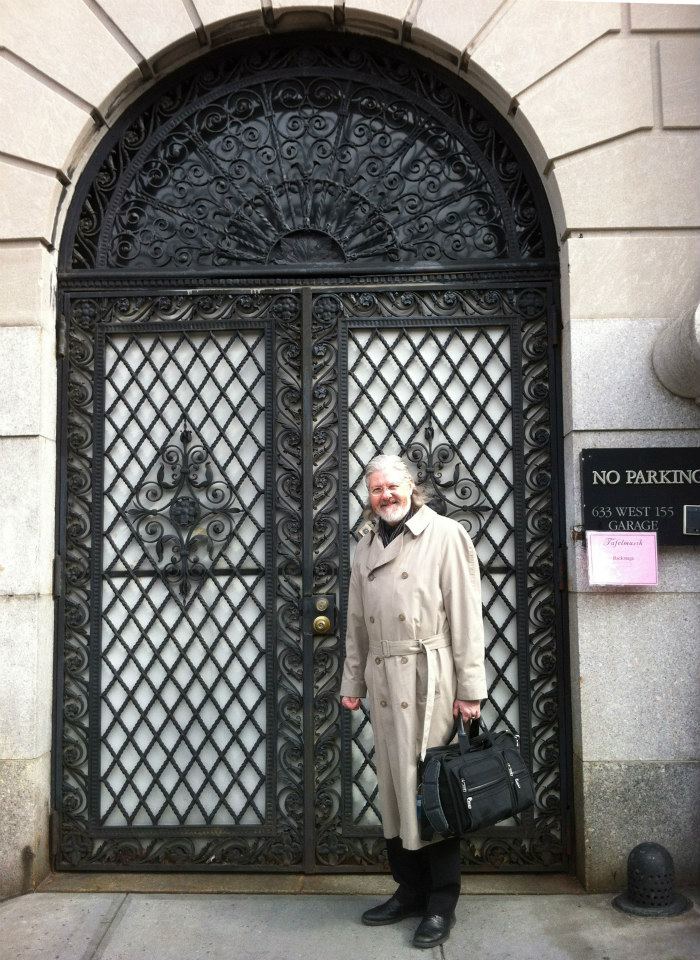
You were involved in the acoustic revitalization of Jeanne Lamon Hall a decade ago. What was that like?
I’m proud to have had a small voice in the renovation of the main space at Trinity-St. Paul’s Centre (TSP), which created Jeanne Lamon Hall. I remember when it was brought up at an orchestra meeting, and Jeanne asked if anyone would be willing to volunteer to serve on a committee that was being formed to explore the possibility of a renovation project. I had long felt that the acoustic in the hall held the orchestra back artistically, and the project sounded interesting to me. And I remember attending the first meeting of the committee with Jeanne, and how excited we were at the prospect of improving the acoustic in the hall (as well as improving the amenities for the audience). Little did we know how long the process would take (over a decade), but I emphatically feel it was worth the investment of my time. We were (and are!) blessed with a forward-looking congregation at TSP that were open to the idea of change, and of re-purposing the wonderful old building to better serve the community of users that had grown up in the building over the years. And the resulting improvement in the acoustics of the hall exceeded everyone’s expectations.
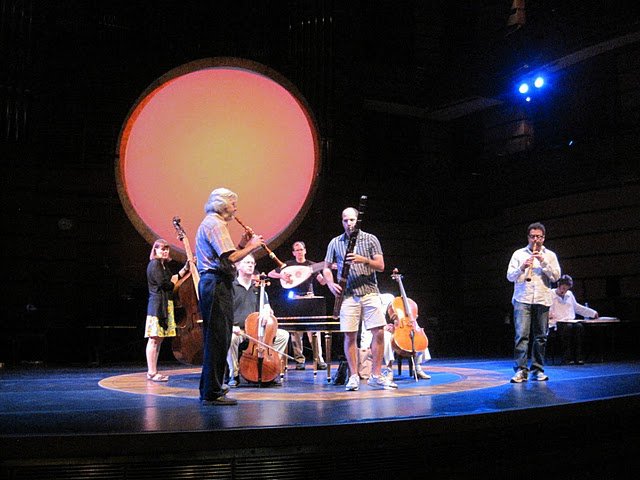
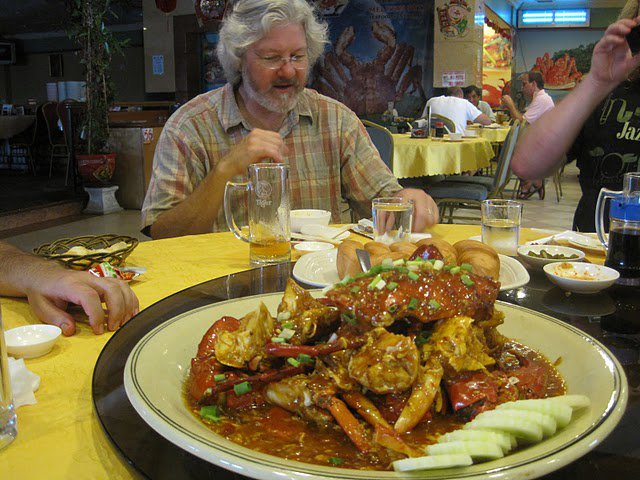
You’ve had the opportunity to immerse yourself in incredible music from the 17th and 18th centuries, especially the works that feature the oboe. What has this meant for you personally?
While I love music of all kinds, and really treasure the great orchestral repertory of the 19th and early 20th centuries, I have always had a great attraction to the earlier repertory of the 17th and 18th centuries. I became aware of this music as a teenager, and throughout my years as a student I was always programming earlier music on my recitals, and looking for ways to perform baroque trio sonatas or Bach cantatas with my friends.
So the idea of joining a baroque orchestra, and having a chance to play this music all the time was for me a very attractive prospect indeed. And I wasn’t disappointed. In my first two seasons with Tafelmusik we performed Bach’s Mass in B Minor with Ton Koopman, Bach cantatas with Gustav Leonhardt, and recorded Haydn cello concertos with Anner Bylsma. In my third season we recorded all the Handel’s opus 3 concerti, with a huge (and wonderful) part for the oboe. And the pace continued: recording Mozart symphonies; recording Haydn symphonies; recording Bach orchestral works, including the concerto for violin and oboe with Jeanne; performing many great choral works by Bach and Handel; performing many wonderful solo concertos by Bach, Handel, Vivaldi, and Albinoni; and performing great operas (both familiar and unfamiliar) with Opera Atelier.
Playing in Tafelmusik has given me the opportunity to play the music I have always loved, and to participate in bringing the familiar works to life, and exploring and reviving the large body of less familiar works. And it must be said that one of the great treasures of Tafelmusik is the loyal audience that eagerly embraces everything we do. That support over the years makes it all possible, and is one of the things which has earned my undying gratitude.
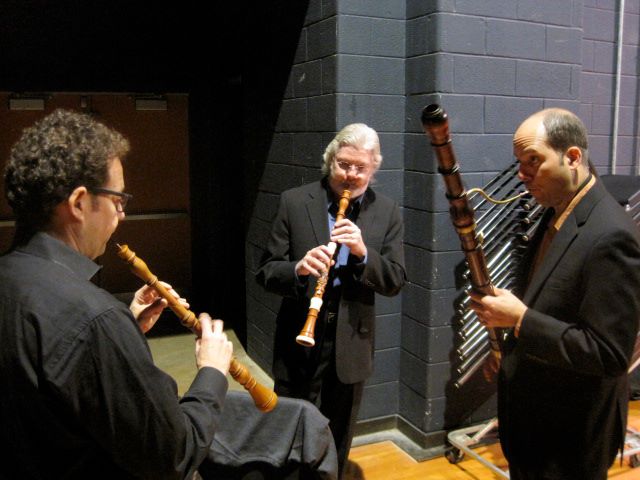
Are there activities that you plan to pursue in this next phase of your life?
Most people are aware that in 2016 I founded a week-end event, the Toronto Bach Festival, that occurs annually in late May. The fact that this festival has enjoyed some success is a testament to the spirit of community that is Tafelmusik. I feel so fortunate to have the support of everyone inside Tafelmusik for the festival, and I hope to continue to give back to the community both within the organization, and to the wider public by offering outstanding performances of this profoundly beautiful music. I’m looking forward to being able to devote more time to the festival, but I’m also looking forward to having a bit less pressure in my performing life. In addition to regular practising, playing the oboe involves a constant process of reed making as part of the preparation for upcoming performances. I’m looking forward to spending a little less time on that and enjoying a little more time to devote to the life of the mind.
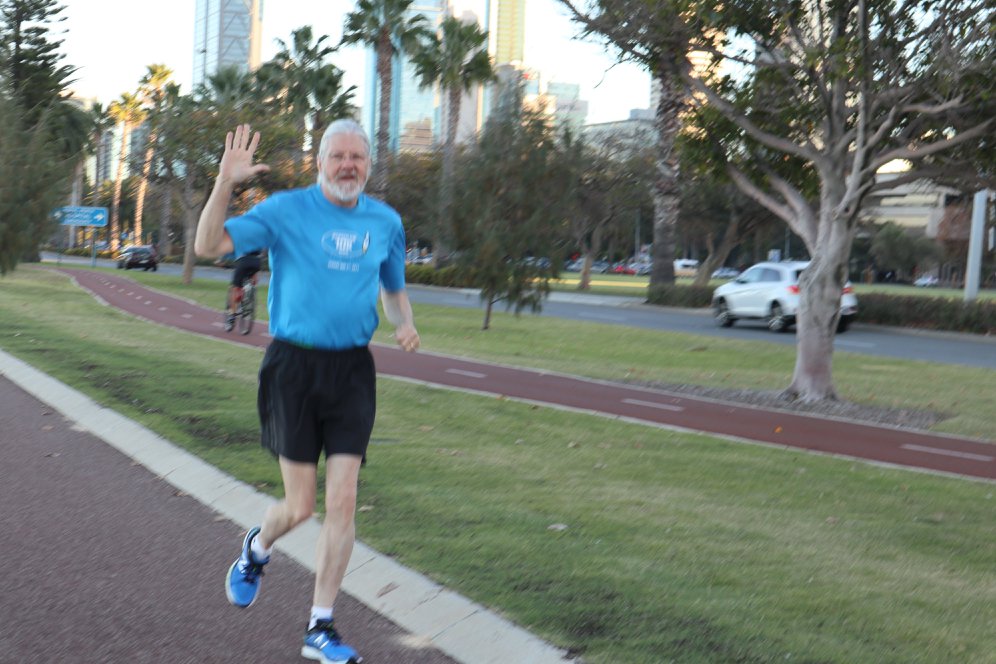
What will you miss most about Tafelmusik?
My decision to retire is taken with a great deal of emotion and no small amount of sadness as I look back on my wonderful years as oboist with this incredible orchestra. I have collected great memories over the years, but two things stand out for me in equal measure: the joy of performing for the wonderful Tafelmusik audience, and both the privilege and honour of working with my wonderful colleagues. Together we have challenged and supported each other to reach for the highest standards of artistic excellence, both as individual musicians and as an orchestra. The support of both of these groups of people has made me a better oboist, a better musician, and a better person. This is what I will miss the most.
John has performed extensively in North America, Europe, and the Far East, and appears regularly with other prominent period-instrument ensembles, including American Bach Soloists, Philharmonia Baroque Orchestra, Washington Bach Consort, Portland Baroque Orchestra, Ensemble Voltaire, Handel and Haydn Society, and Boston Baroque. His recording of the Concerto for Oboe by Alessandro Marcello with Tafelmusik was glowingly reviewed by Gramophone Magazine as “one of the best there is” and “alone worth the price of the disc, even if you have other versions.”
